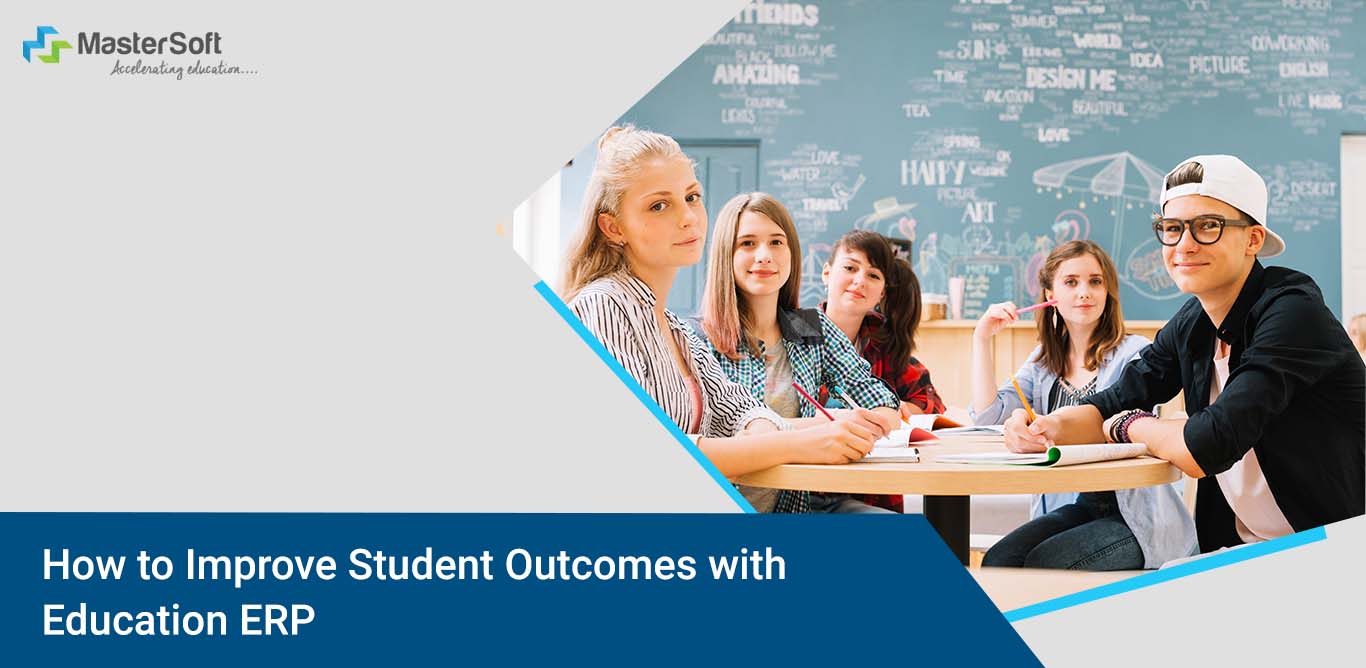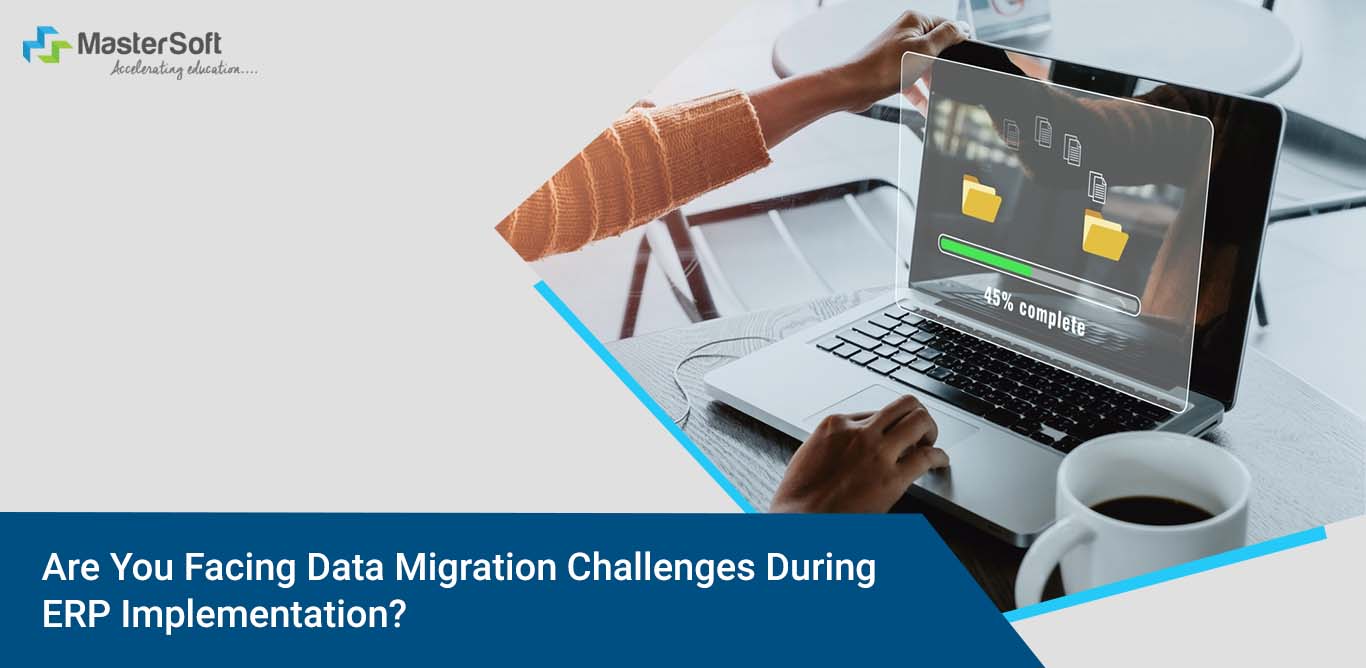21, Feb 2023
Technology is becoming integral to the educational process, with both teachers and students depending on rich media, in-depth data analytics, and cloud delivery to improve educational outcomes.
It is currently up for debate how EdTech companies throughout the world will respond to the demands of teachers and students by creating products that spur innovation.
Given that numerous previous attempts to change the educational system have failed, it is critical to recognize the underlying market tendencies.
Edtech is transforming the education sector by solving pedagogy-related challenges and streamlining the learning process, particularly during and after COVID-19.
EdTech is unquestionably improving educational results and classroom learning through the integration of hardware and software resources into traditional theory and practice.
Undoubtedly, the growing use of these tools by educational institutions is fueling this market's expansion.
The presence of well-established infrastructure and its simple adoption by institutions have allowed the digitization that the Edtech market has made possible. Here are a few of the main trends for the Edtech market in 2023.

Personalized Learning
While the idea of personalized learning is not new, it is expected to become more prominent in 2023. The development of AI, machine learning, and big data has allowed EdTech platforms to tailor learning opportunities for each student depending on their strengths and shortcomings.
In order to increase participation and improve the quality of education, personalized learning will enable students to proceed at their own pace.
Gamification
Gamification is the process of enhancing learning through the use of game design principles. It has become more and more popular in recent years, and in 2023, it is anticipated to grow even more as a trend.
Gamification can increase learning retention and keep students motivated. It can encourage students to actively participate in their own learning by setting goals, earning rewards, and competing against themselves or others.
Games can be designed to encourage collaboration and teamwork, which can help students develop important social and communication skills.
Online Learning
The pandemic has intensified a trend that has been growing in popularity for online education over the past few years. The number of schools, colleges, and universities offering online courses will increase in 2023 as E-learning continues to expand. Online education offers greater flexibility, is more affordable, and is more practical.
Augmented and Virtual Reality
In 2023, educational use of augmented and virtual reality technologies will increase as they become more advanced and widely available.
According to research, the gross value of augmented reality (AR) tools used in education might reach $5.3 billion by 2023, and head-mounted virtual reality (VR) equipment could reach $640 million.
Lessons can be made more engaging and memorable by bringing them to life via AR and VR. Students can, for instance, experience historical locations virtually, go on field trips, or take part in simulations that would be challenging or impossible in the actual world.
Microlearning
Making difficult topics into manageable, bite-sized chunks is called microlearning. The popularity of microlearning will increase in 2023, and more courses will have concise, concentrated instruction.
In addition to being more efficient because learners can better retain material when it is provided in small, manageable portions, microlearning is also convenient for learners since they can fit brief sessions into their busy schedules.
Collaborative Learning
Collaborative learning involves learners working together to solve problems, share knowledge, and learn from one another. In 2023, collaborative learning will be increasingly important, as it helps to develop important skills such as communication, teamwork, and problem-solving.
EdTech platforms can facilitate collaborative learning through online discussion forums, group projects, and other tools.
Adaptive Learning
A personalized learning strategy that adapts to each learner's unique demands is known as adaptive learning. The use of AI and machine learning by more EdTech platforms to offer personalized learning experiences will make adaptive learning a key trend in 2023.
By identifying the areas in which a learner is having difficulty, adaptive learning might offer extra assistance or resources to help them get past their obstacles.
Mobile Learning
Over the past few years, mobile learning has become more and more popular; in 2023, it will keep expanding. Mobile learning is convenient and accessible because it enables students to access course materials, classes, and other resources from their smartphones or tablets.
For students who are often on the road or do not have access to a desktop computer, mobile learning is very helpful.
AI-Powered Learning
AI-powered learning involves the use of technology to customize learning experiences, deliver feedback, and find areas where students need more assistance.
It is possible to use artificial intelligence (AI) to create more individualized and engaging learning environments. By 2023, more EdTech platforms will be utilizing AI to boost the effectiveness of their courses, which will lead to an increase in the importance of AI-powered learning.
AI can evaluate student learning progress, recognize patterns in their behavior, and make tailored recommendations for additional study.
Data Analytics
The analysis of huge amounts of data to find patterns and trends is known as "data analytics." In order to acquire insights into student behavior, preferences, and performance, more EdTech platforms will use data analytics in 2023, which will be a prominent development in the field.
Data analytics can be used to discover problem areas for learners, determine the most useful materials, and monitor the results of treatments. Course design, delivery, and personalization can all be enhanced with the use of this data.
In Conclusion,
The phrase "digital learning environments" has replaced the general term "Hybrid world" as a more precise way to describe how, when, and where learning occurs.
These adjustments include both brand-new classroom technology upgrades and those that permit the degree of adaptability needed to offer teaching in almost any situation. These developments are reshaping education's future and altering how we learn.
EdTech is opening up new possibilities to improve the efficacy, engagement, and accessibility of education, from personalized learning to data analytics. It is thrilling to consider the opportunities these trends will open up for students, teachers, and education as a whole as they continue to develop.
The Fastest, Easiest, and Most Reliable Educational ERP System to Meet the Needs of Your Institute!
Mobile: 08448010216
Email: janki.somani@iitms.co.in















-widgets.jpg)